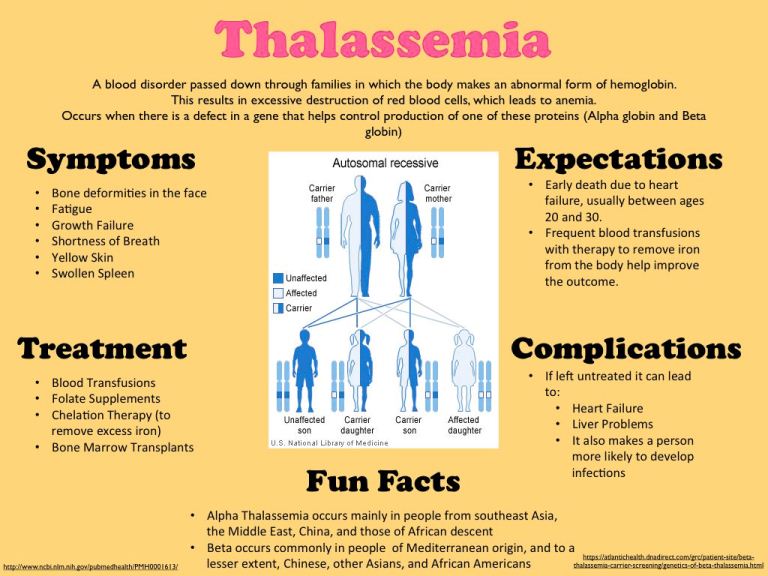7667766266
enquiry@shankarias.in
What is the issue?
What is Thalassemia?

What is the position of the disease in India?
What are the steps taken by other countries?
What is the way forward?
Source: The Hindu